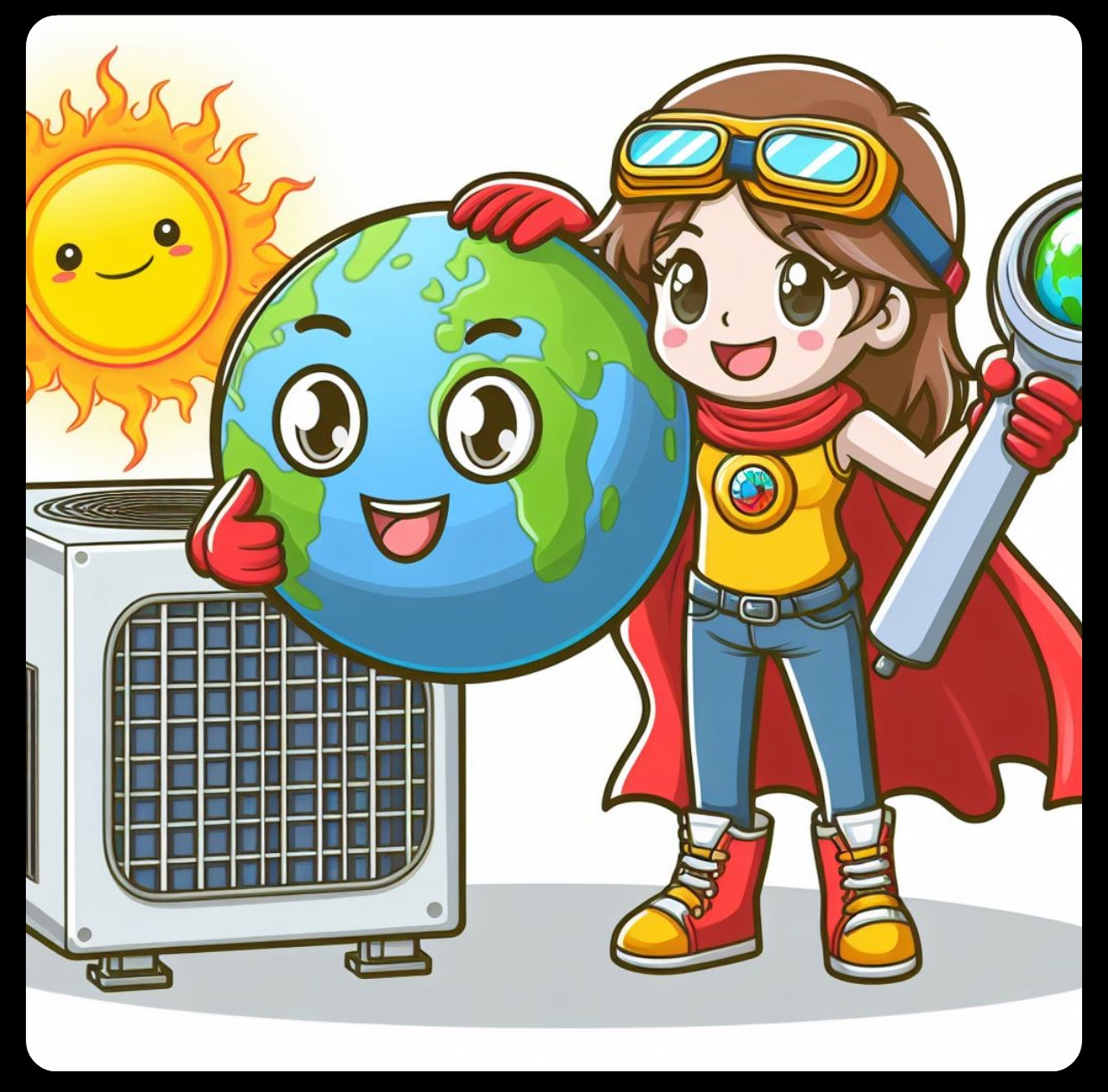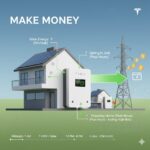Let’s delve into the article titled “Exploring How Heat Pumps Potentially Increase Energy Usage in Colder Temperatures: Power Efficiency & High Bills” from ABC 33/40¹. I’ll analyze its content and highlight potential inaccuracies.
Heat pumps are a fascinating technology that plays a crucial role in both residential and commercial heating and cooling systems. However, like any complex system, they can be misunderstood or misrepresented. In this article, we’ll address the claims made in the ABC 33/40 piece and provide a more nuanced perspective.
The ABC 33/40 Article: Key Points
The article suggests that heat pumps may increase energy usage during colder temperatures, leading to higher bills. Let’s examine this claim and explore why it might be misleading.
- Heat Pump Basics Heat pumps work by transferring heat from one location (usually outdoors) to another (indoors). They are highly efficient because they move heat rather than generate it. During colder weather, heat pumps extract warmth from the outdoor air and deliver it inside. However, the efficiency of this process can vary based on several factors.
- Coefficient of Performance (COP) The COP is a critical metric for evaluating heat pump efficiency. It represents the ratio of heat output to electrical input. A higher COP indicates better efficiency. Modern heat pumps have significantly improved COPs, especially those equipped with inverter technology.
- Cold Weather Performance It’s true that heat pumps become less efficient as outdoor temperatures drop. However, advancements in technology have mitigated this issue. Some heat pumps can operate efficiently even in sub-freezing conditions. Dual-fuel systems (combining a heat pump with a backup furnace) provide an excellent solution for extreme cold.
- Supplementary Heating Heat pumps may engage auxiliary electric resistance heating during extremely cold weather. This can indeed increase energy consumption. However, well-designed systems minimize the need for supplementary heating. Proper sizing, insulation, and regular maintenance play crucial roles.
Why the ABC 33/40 Article May Be Misleading
- Lack of Context The article doesn’t provide context regarding the specific heat pump models, their COPs, or the overall system design. Without this information, readers may assume that all heat pumps perform poorly in cold weather.
- Oversimplification Heat pump efficiency depends on various factors, including climate, insulation, and user behavior. Blanket statements about energy usage oversimplify a complex topic.
- Ignoring Advancements The article doesn’t acknowledge recent technological advancements. Variable-speed compressors, smart controls, and improved refrigerants have significantly enhanced heat pump performance.
Conclusion
Heat pumps remain a viable and energy-efficient option for many homeowners. Proper installation, regular maintenance, and understanding their limitations are essential. Rather than painting them as energy hogs, let’s appreciate the strides made in heat pump technology.
Remember, energy efficiency is a multifaceted puzzle, and heat pumps are just one piece. Let’s continue exploring innovative solutions to keep our homes comfortable while minimizing our environmental impact.
Tax Incentives: Save 30% of the cost of heat pump systems in federal tax credits. This can work out to tens of thousands of dollars easily. A new system with ductwork can easily cost around $30,000. The investment is well worth it and it is a perfect complement to a properly sized home solar energy system.
References:
(1) Birmingham News, Weather, Sports, Breaking News | WBMA. https://abc3340.com/.
(2) Birmingham Local | News, Weather, Sports, Breaking News | WBMA. https://abc3340.com/news/local.
(3) ABCALABAMA.COM. http://www.abcalabama.com/.





